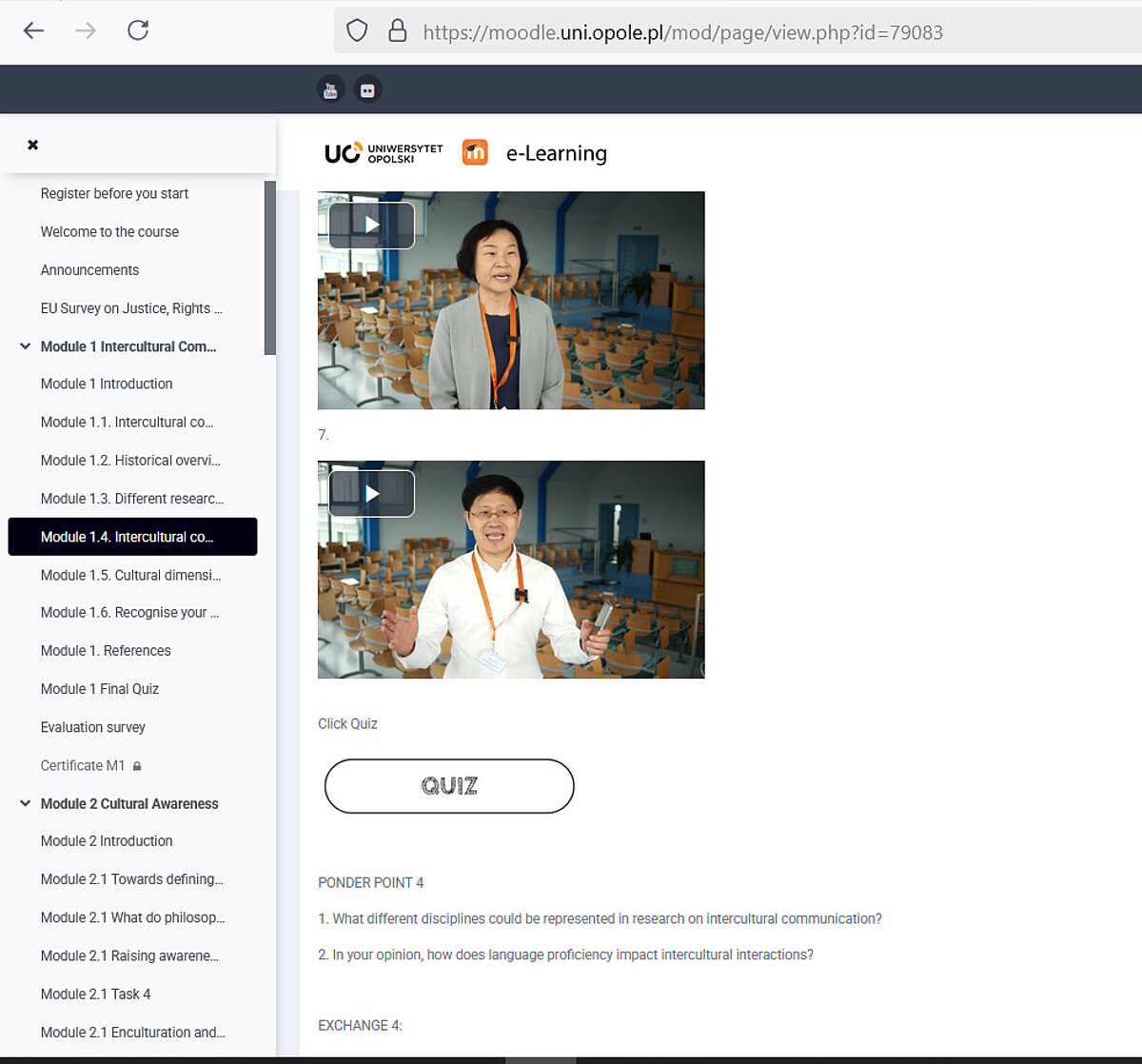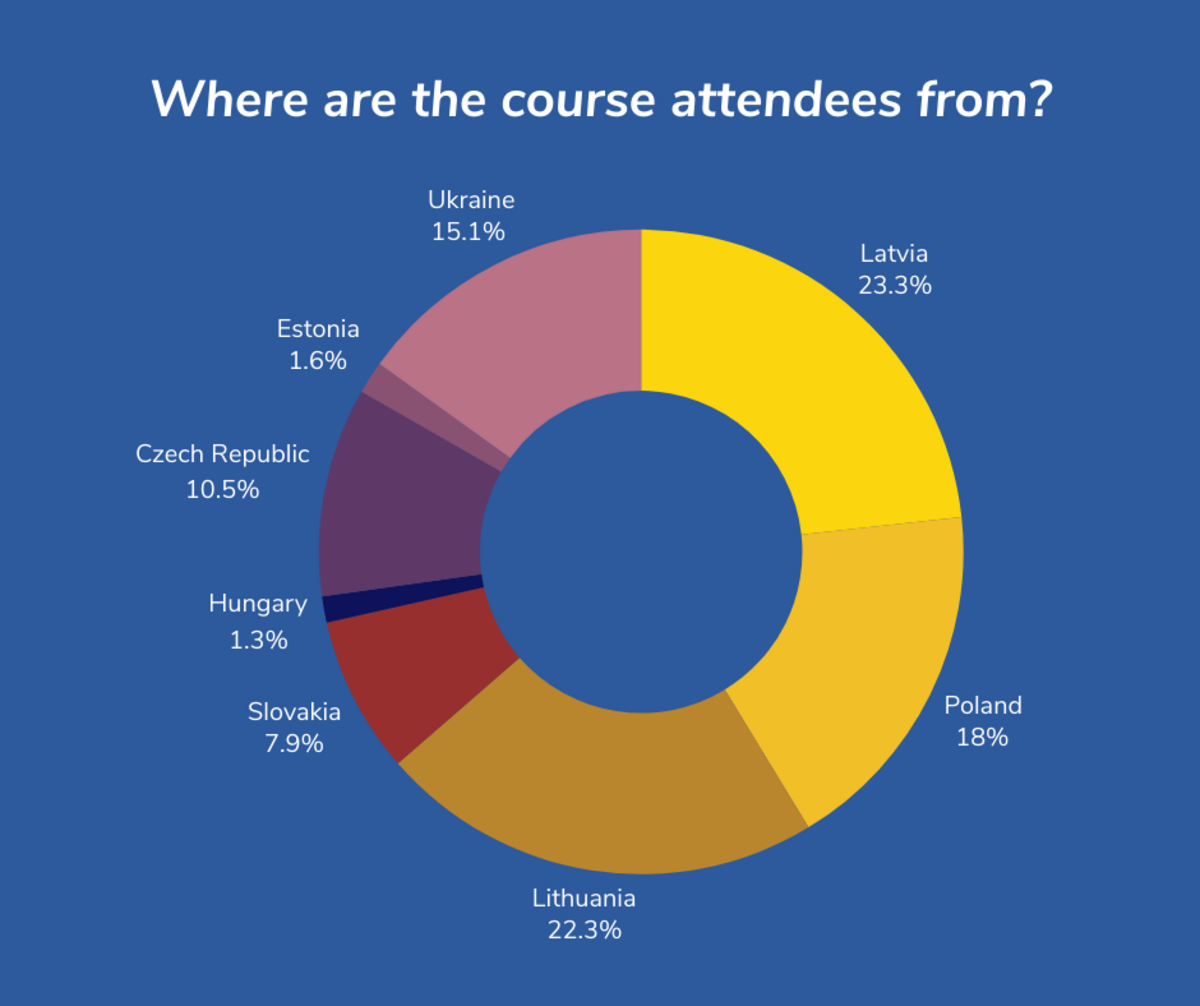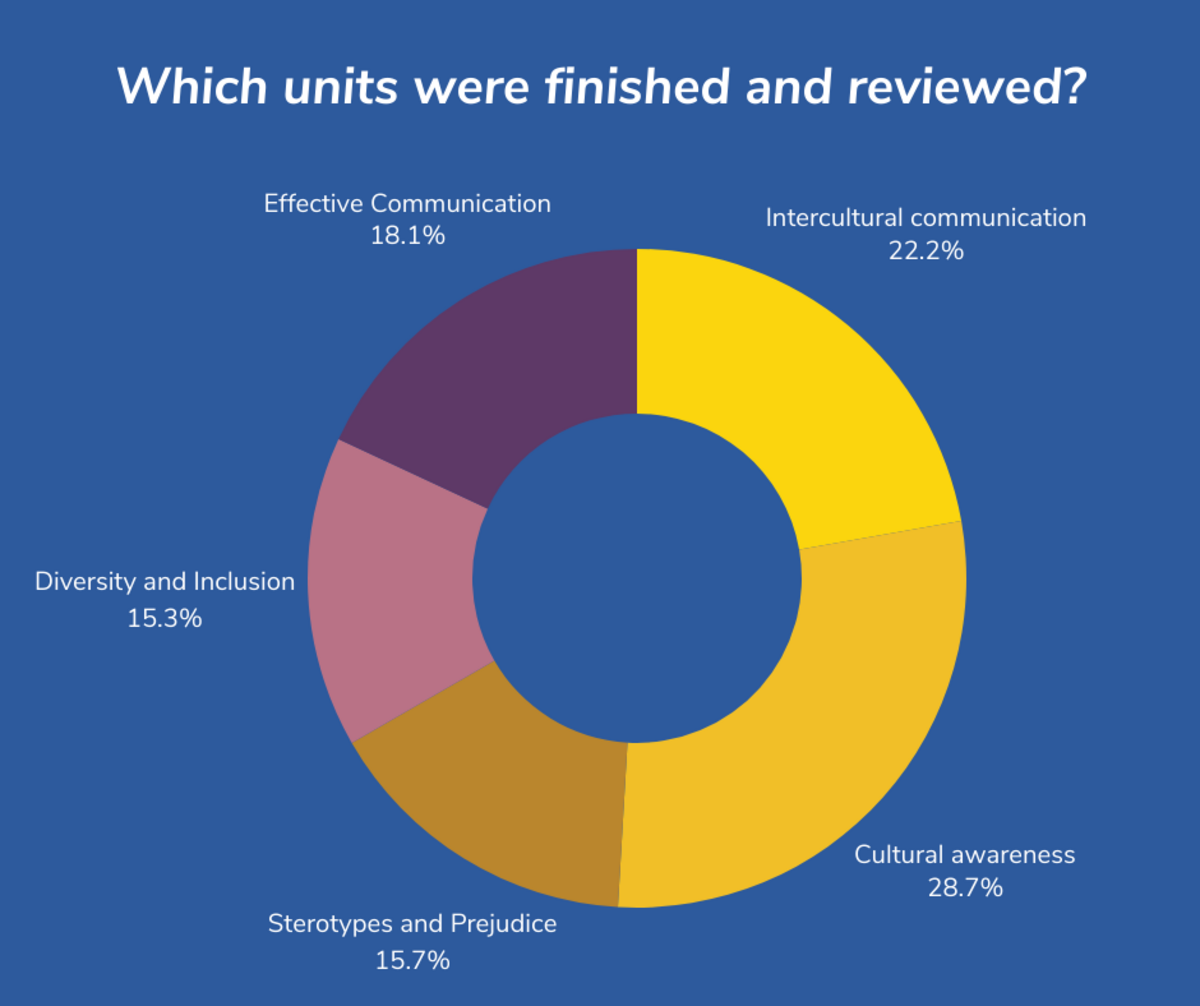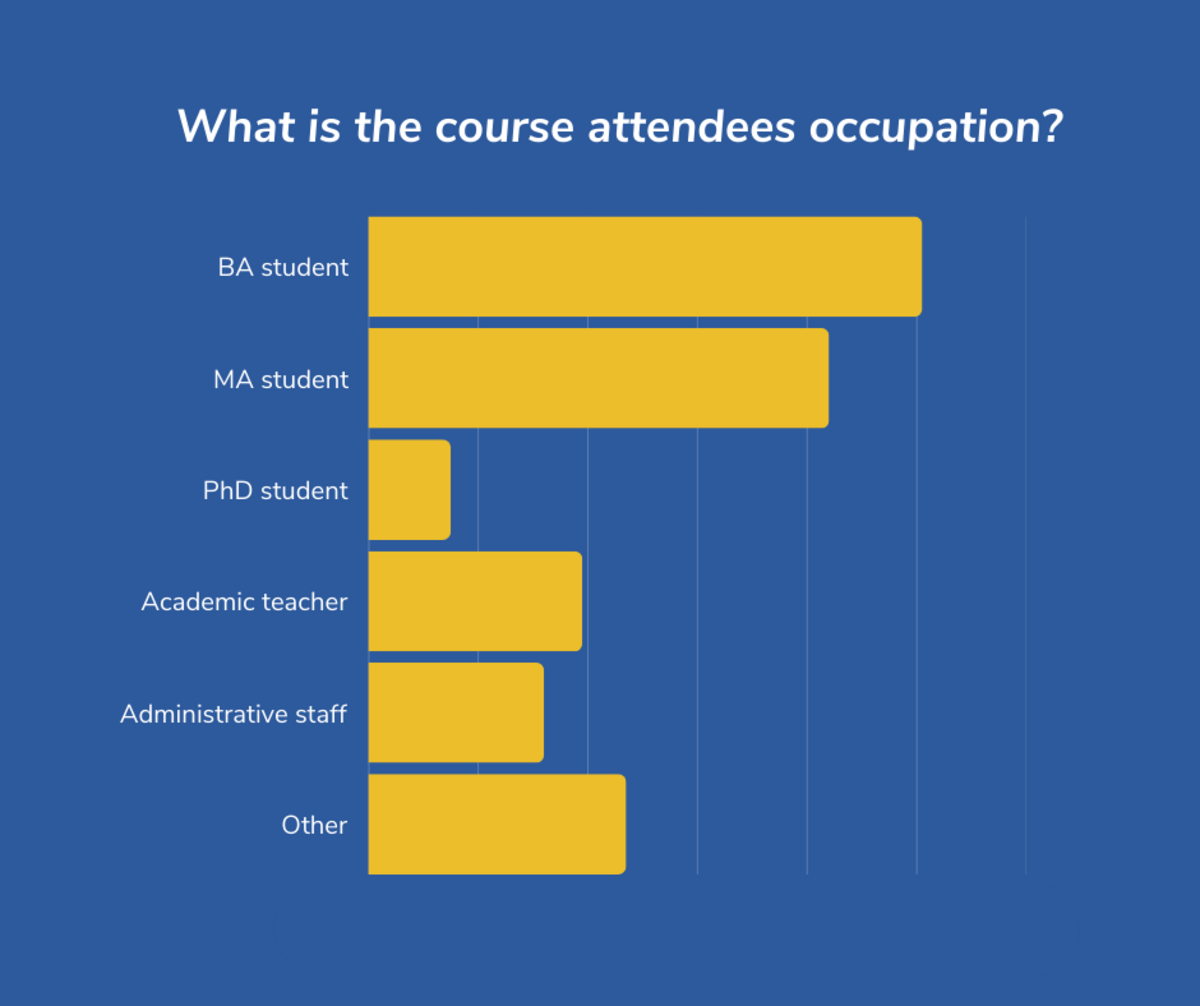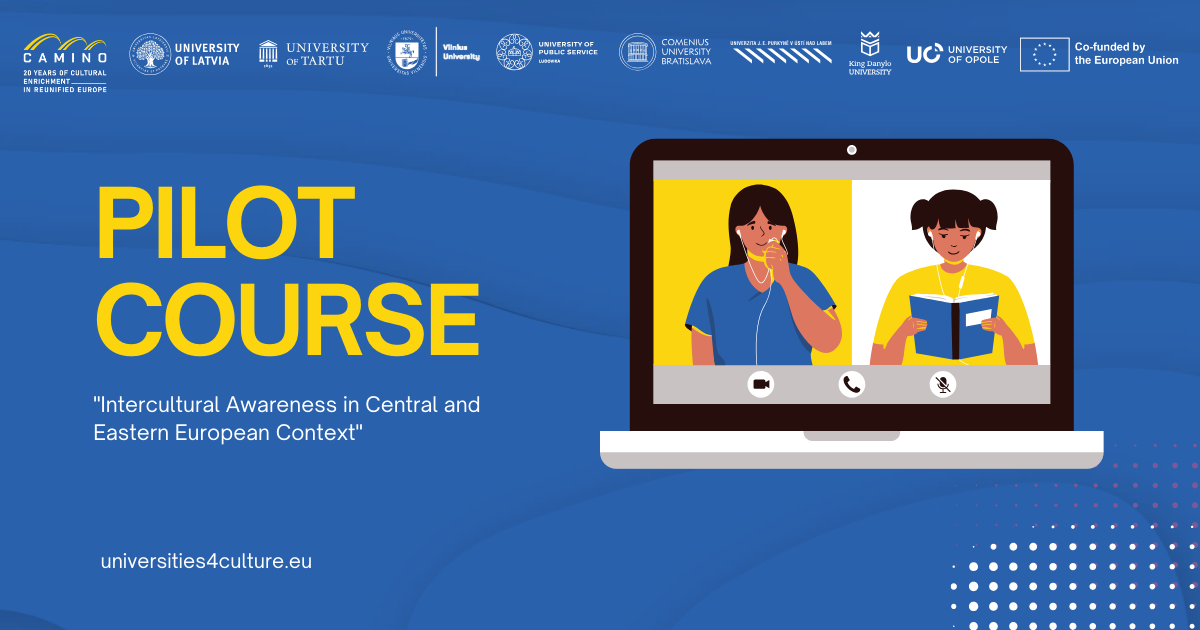
Purpose of the Pilot Phase
The primary objective of the Pilot Phase for the Course “Intercultural Awareness in Central and Eastern European Context” was to assess the course’s structure, content, and learning outcomes before its wider release. The pilot testing allowed course developers to evaluate teaching methods, technical functionality, and user engagement, while also gathering valuable feedback from students and academic/administrative staff.
Participant Engagement & Evaluation
The pilot attracted significant interest, with 318 participants from 16 countries registering for the course. Among them, 197 active users successfully completed at least one module (data of attendees can be seen visualized in the graphs), demonstrating the high relevance and accessibility of the content.
A structured course evaluation questionnaire was deployed at the end of the pilot phase. Participants provided feedback using both quantitative ratings (five-point scale) and qualitative insights (open-ended responses), assessing key aspects such as:
✅ Technical accessibility
✅ Course structure & content engagement
✅ Multimedia integration & interactive elements
✅ Overall effectiveness in achieving learning objectives
Key Findings & Positive Outcomes
The feedback from participants highlighted several strengths of the course:
- Multimedia Resources: The integration of instructional videos, presentations, and recorded lectures created an engaging and accessible learning experience.
- Real-World Applications: Case studies and faculty contributions grounded theoretical concepts in practical contexts, enriching the learning process.
- Interactive Learning: Self-reflection tasks, quizzes, and practical exercises—such as the mapping activity and Project
- Implicit test—helped deepen participants’ awareness of cultural biases and intercultural dynamics.
- Well-Structured Curriculum: The course’s clear progression and intuitive task allocation were commended, as well as its balanced approach to historical perspectives and intercultural communication theories.
Challenges & Enhancements
While the pilot phase confirmed the course’s strong foundation, participants also identified areas for improvement, including minor technical adjustments, enhanced guidance on course instructions, as well as further expansion of case studies to cover even broader range of intercultural scenarios.
Scalability & Future Implementation
Developed on the Moodle platform, the course was designed for flexibility, transferability, and institutional integration. Following the successful pilot, the course is getting fine-tuned and will be available in the nearest future with free access on universities4culture.eu, as well as all partner universities websites. This will guarantee long-term accessibility and wider institutional adoption.
A Step Forward for Intercultural Education
The pilot phase of the "Intercultural Awareness in the Central and Eastern European Context" course has demonstrated its value, effectiveness, and potential for long-term impact. By fostering intercultural competence, critical reflection, and cross-cultural dialogue, this initiative supports the broader CAMINO mission of strengthening cultural understanding across Europe.
Interested in learning more? Stay tuned and we will soon announce the availability of accessing the improved course version!
